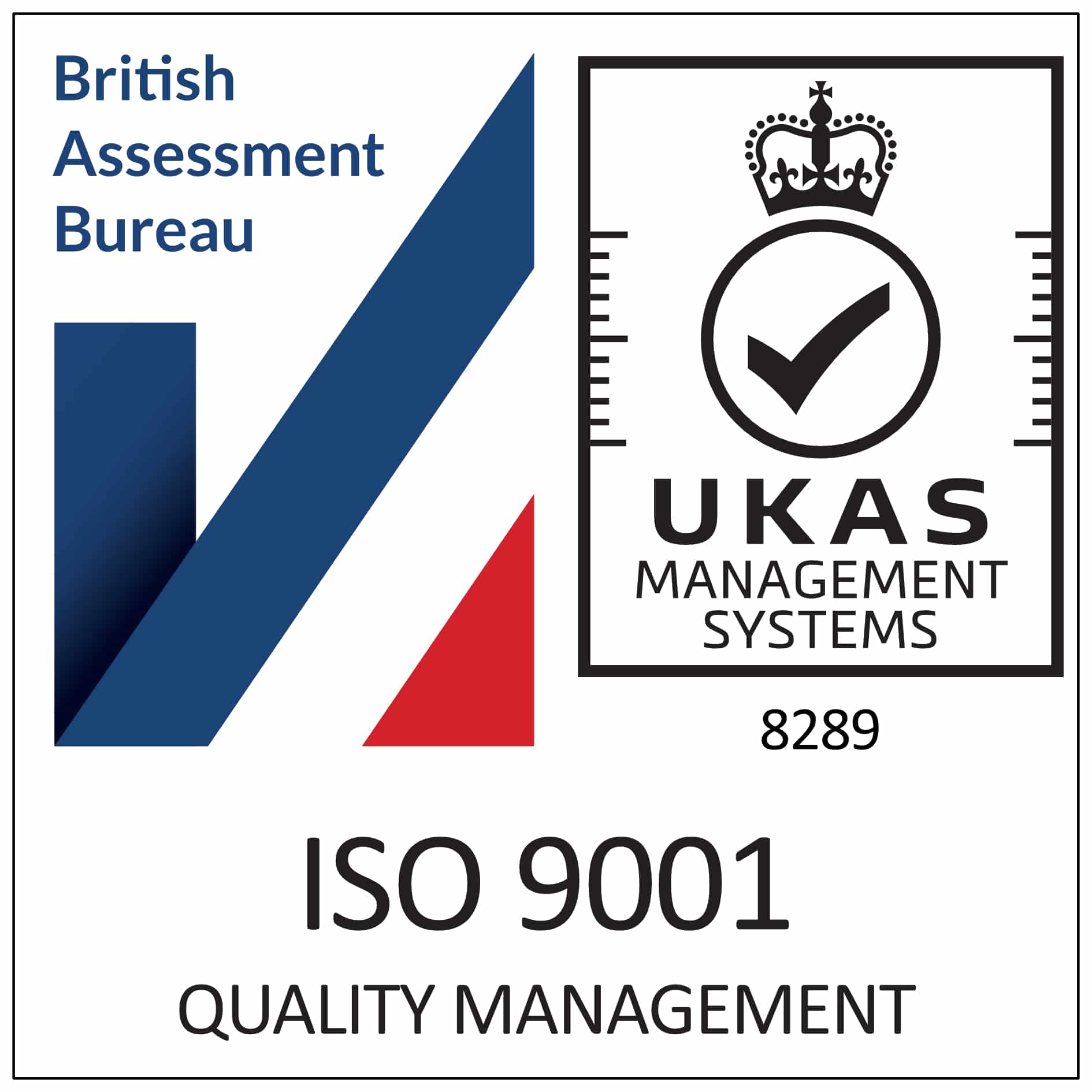Microsoft Fabric
What is Microsoft Fabric?
Microsoft Fabric is an enterprise-grade, end-to-end unified data analytics platform designed to simplify and modernise how organisations manage, process, and analyse data. The unified experience brings together tools that data professionals need, ranging from data pipelines, movements, and orchestration, data transformation, machine learning model training and semantic data modelling (defining key metrics) to real-time data processing.
At its core, Microsoft Fabric provides a user-friendly SaaS experience that resolves data silos and fragmented data challenges for organisations of all sizes. Centralising all your data storage with One Lake offers rich AI capabilities for business users to collaborate and perform ad-hoc analysis seamlessly. This ensures raw data is transformed into actionable insights that drive more intelligent decision-making and improve business performance.
The Benefits of Microsoft Fabric
Why Choose Intelisense IT?
As a trusted Microsoft Solutions Partner & Business Applications Partner, Intelisense IT brings proven expertise in helping organisations to unlock the full potential of unified business data by delivering Microsoft Fabric. We empower businesses to derive actionable insights instead of relying on assumptions or outdated data, using Microsoft’s powerful data integration tools for cross-platform data management. We completely understand the growing challenges around data silos and the critical need for real-time insights, which, if not fulfilled promptly, can adversely affect decision-making and overall business performance in today’s data-driven era.
At Intelisense IT, our focus is not only on delivering the solutions you hear about, but on aligning them seamlessly with your specific business needs to ensure that you achieve a fast, measurable ROI and long-term value.

Let’s Centralise Your Data for Actionable Insights
In today’s data-driven era, staying ahead of the competition requires more than fragmented data; it demands a unified data strategy. With Microsoft Fabric, you can centralise your data to derive actionable insights that truly matter and keep your business ahead of competitors. Partner with Intelisense IT to transform the way your organisation manages and leverages the data. Our experts help you simplify and streamline data integration for cross-platform data management that empowers your business to achieve faster, more intelligent and more secure decision-making.
FAQs
What are Microsoft Fabric and how can they help our business?
Microsoft Fabric is a unified data analytics platform that combines Microsoft data integration tools for real-time analytics and business intelligence into one seamless SaaS (cloud-native data services) platform, which helps your business to eliminate data silos, improve decision-making and gain actionable insights faster and more efficiently.
How is Microsoft Fabric different from traditional data integration platforms?
Unlike traditional solutions, Microsoft Fabric provides a unified data fabric architecture that consolidates all your data processing within a single platform by leveraging OneLake and Shortcuts. The Shortcuts feature acts like links, providing direct access to your data without requiring data migration from your internal or external platforms.
Is Microsoft Fabric suitable for organisations of all sizes?
Yes, whether you are a mid-sized organisation or a large enterprise, Microsoft Fabric is designed to align and grow with your business needs.
How does Microsoft Fabric ensure secure data governance?
Microsoft Fabric , as an advanced and efficient Microsoft data integration tool, delivers a robust framework for secure data governance in cross-platform data management. It centralises access management with all access requests authenticated through Microsoft Entra ID with support for advanced security controls such as Multi-Factor Authentication (MFA), IP restrictions and device-based rules. By eliminating the need to expose back-end storage accounts, Microsoft Fabric ensures secure and compliant data sharing. Furthermore, the built-in auditing and logging capabilities give organisations complete visibility into user activity and data usage.



